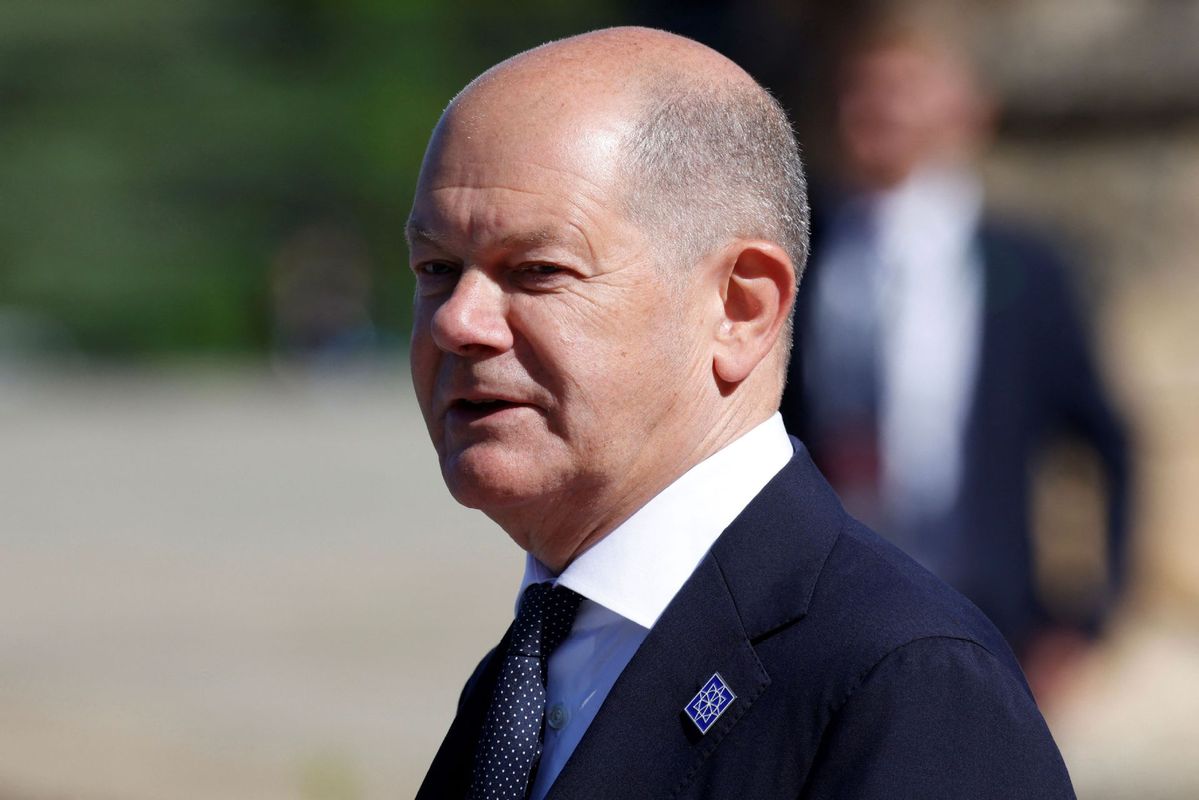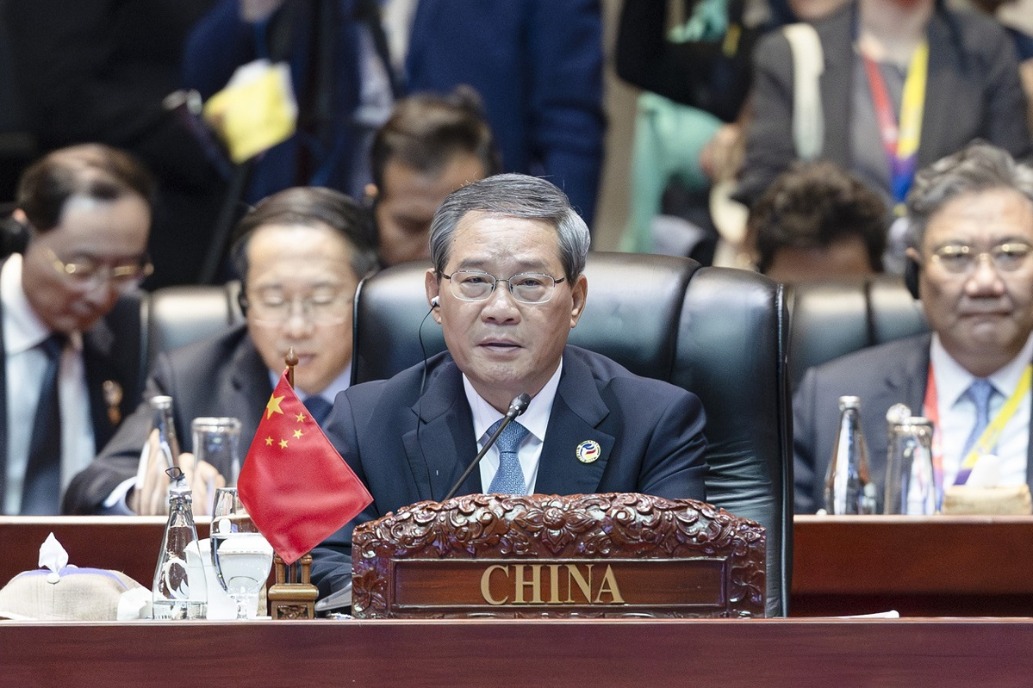German cabinet approves contested budget plan


The German cabinet finally approved its 2025 budget on Wednesday after weeks of negotiations, allocating a record 78 billion euros ($85 billion) for investments and 75.3 billion euros for NATO's defense spending target, while halving funds to Ukraine.
The budget package, which aims to boost growth while curbing spending, has been a source of tension within Chancellor Olaf Scholz's three-party coalition government, causing weeks of debate over borrowing and ministry funding.
The total 480.6 billion euro budget package, approximately 8 billion euros less than this year's, will now be sent to the Bundestag, Germany's parliament, for approval, with a final vote expected in November.
Finance Minister Christian Lindner announced that the government is exploring innovative ways to reduce the deficit, but emphasized the importance of adhering to the constitutional debt brake. Lindner is projecting new loans of 43.8 billion euros, slightly less than this year.
"We are complying with the debt brake, which makes us an anchor of stability in Europe," said Lindner.
He stressed the role of economic growth in creating fiscal opportunities, noting the budget features an ambitious investment plan and strategically allocates funds to strengthen Germany's defense and social infrastructure.
"New room for maneuver in the budget can only be created through more economic growth," he said.
The economy ministry estimates that stronger growth, driven by the package, should generate an additional 6 billion euros in revenue next year, reported Reuters.
"With the growth initiative, we have put together a good package that improves the framework conditions for the economy," said Economy Minister Robert Habeck.
He highlighted that the package includes measures to reduce bureaucracy, provide work incentives to address labor shortages, and offer investment incentives.
Spending and borrowing have been major points of contention within the coalition government.
Scholz's Social Democrats and the Green Party reportedly proposed increasing loans even further, but Lindner's Free Democrats resisted.
The coalition had been working to address a financing gap of approximately 30 billion euros.
Lindner had previously stated in a ministry video that a balanced budget was only possible "by curbing the politicians' appetite for ever higher government spending".
Despite expectations of austerity, the budget increases funding for most government departments, including the transport, interior, family, defense, foreign, and education ministries, reported Deutsche Welle news, or DW.
Ottmar von Holtz, a Green Party member of the Bundestag, told DW it was "a compromise in which all parties have to find their way".
"It is the Bundestag that's doing the legislation on the budget," he said. "The government has only proposed a draft. So we are at the beginning of a process, not the end."

































